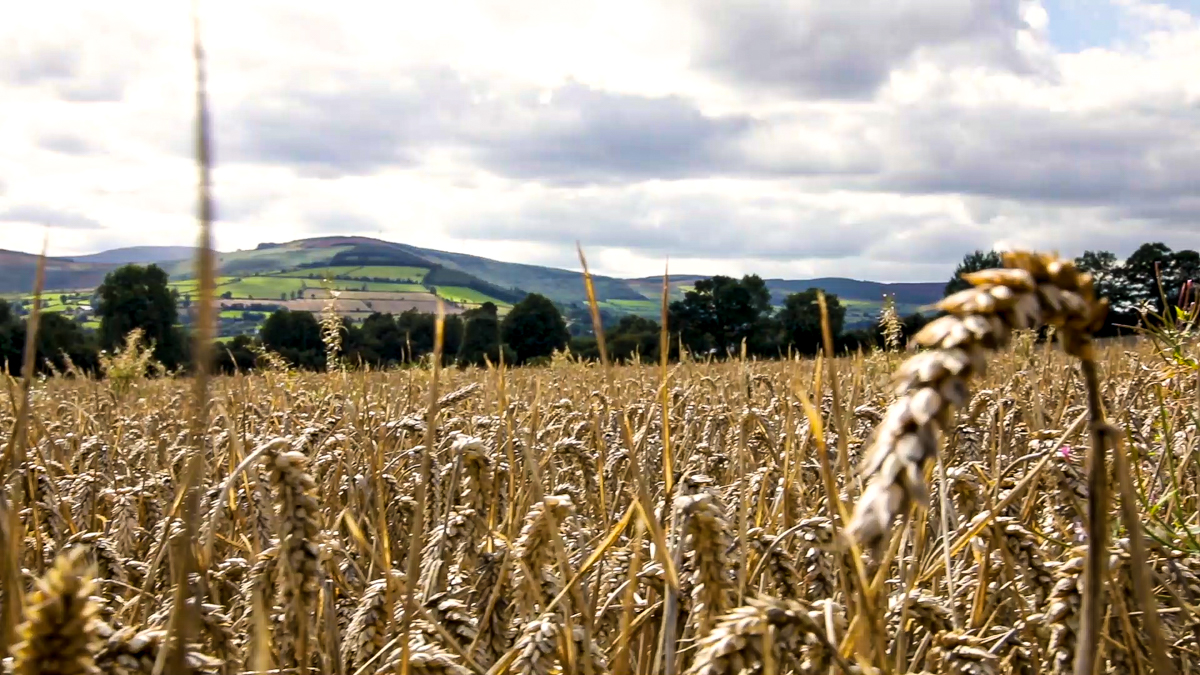A total of 70% of farmers globally expect their profits to remain stable or increase as a result of higher crop prices driving profitability in the next two years, a new survey has found.
High crop prices are giving farmers cause for cautious optimism, and inspire them to invest in new products focused on yield increase and crop protection, according to the survey.
Over 5,500 farmers across the globe, including over 600 in the EU, have been surveyed by global management consulting firm, McKinsey and Company to better understand the global state of the agriculture industry.
While different challenges are expected for the surveyed regions – Canada, the US, the EU, China, India, Brazil and Argentina – over the next two years, the common risk across all is the increased price of inputs.
Of the farmers surveyed across the EU 30% said they will try new yield increase products, and 28% will try new crop protection products to capture the high crop price opportunity.
In comparison, farmers in the US, South America and Asia, at 50%, 41% and 44% will trial new yield increase products, and 37%, 28% and 37% new crop protection products respectively.

While macro views on profitability opportunities and risks are similar across regions, agricultural trends and starting points for innovation, new technologies, and sustainability practices vary, the survey shows.
Ag-tech and sustainable practices
Western countries are leading ag-tech adoption, with farm management software being the top technology followed by precision agriculture hardware, according to the survey.
Willingness to adopt ag-tech in the next two years is highest in South America with expected growth in adoption of 8-9% across technologies, while Asia has the lowest adoption rates.
At least 20% of farmers globally are either using or planning to use biologicals for pest control, biostimulants or biofertilisers. Brazil is leading the way followed by EU countries.
A total of 36% of the over 750 farmers surveyed in Brazil are already using biofertilisers, compared to 25% in the EU and 22% in China, followed by the US (12%); Canada (7%); and Argentina (6%).
Despite awareness of sustainability practices, global adoption is still below 50%, and only 5% of farmers participate in carbon programmes with Canada having the highest participation.

The percentage of farmers already adopting or willing to adopt low-till farming over the next two years is highest in Brazil at 83%, ahead of Canada (69%); the EU (67%); the US (60%); India (11%); and China (9%).
Brazil also leads in the adoption of controlled-release and stabilised fertilisers (52%), and variable-rate fertilisation (51%). The use of cover crops is highest in the EU at 82% followed by Brazil (59%) and China (53%).
While 8% of farmers surveyed in the EU are currently part of a carbon programme, 56% say they are not participating and don’t plan on doing so.
Of those 40% said the return of investment is not high enough for farmers, and 30% said they expect higher incentives in the future, the survey shows.
Survey findings
Further survey findings include:
- Approximately 50% of surveyed farmers already make digital purchases for at least one product, with South America standing out as an early adopter of digital channels;
- Parts and equipment maintenance services, precision ag hardware, and farm management software are the top products that farmers expect to purchase online in the next two years;
- Cash is still the main payment method for 60% of farmers globally, but digital payment is emerging as an important trend;
- China has a particularly high adoption of digital payment, used by 66% of farmers, compared to 30% globally;
- Interest rates, loan amounts, and transaction costs are the main challenges to secure farm financing across all regions.
Partner at McKinsey, Vasanth Ganesan said farmer-facing companies should consider ways to support farmers with adopting holistic sustainable farming practices, and help them with the required financing and tools.
“Sustainability programmes need to be dramatically simplified to access for farms across regions, crop types and sizes. The sector’s focus on sustainability is currently being spearheaded by large farms, but support is needed for smaller farms too.
“Products and services should be tailored and personalised for growers to stimulate uptake and provide farmers access to yield-driving technologies, and greater cost efficiencies,” he said.
